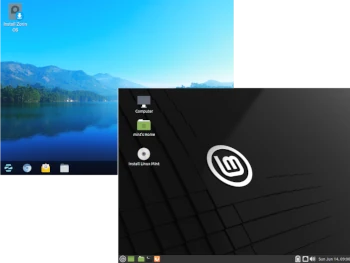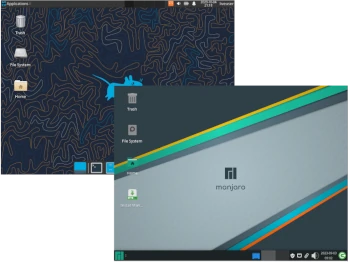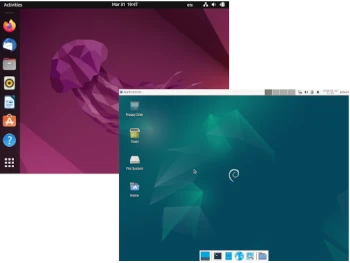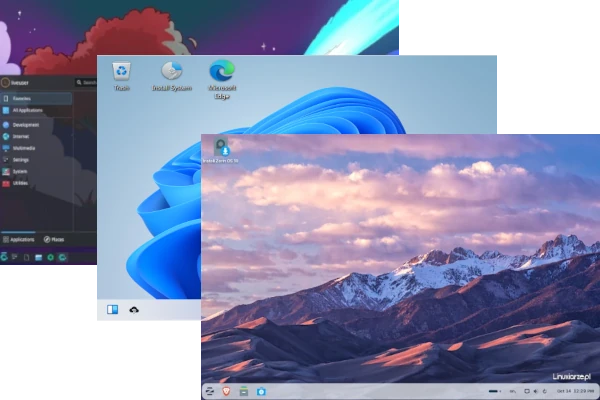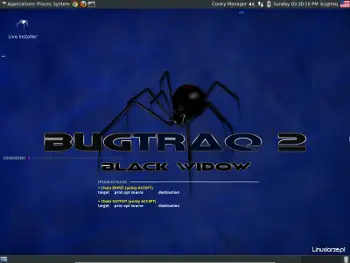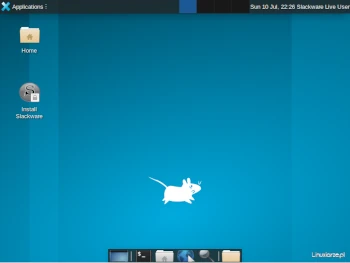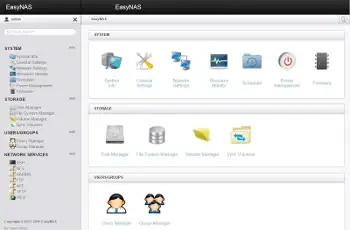The next article in the Distro vs. Distro series is dedicated to comparing two Linux distributions … Linux Mint vs. Zorin OSRead more
Articles
Arch Linux vs. Manjaro
I decided to make a next article at the Distro vs. Distro series to compare two … Arch Linux vs. ManjaroRead more
Debian vs. Ubuntu
I’ve decided to dedicate this article in my “Distro vs. Distro” series to Debian and Ubuntu … Debian vs. UbuntuRead more
TOP of the TOP 2025
The first ranking of all operating systems in 2026, compiled on the Linuxiarze.pl portal, presents the … TOP of the TOP 2025Read more
Arch Linux vs. EndeavorOS
In today’s article from the series Distro vs. Distro, I decided to compare two Linux distributions: … Arch Linux vs. EndeavorOSRead more
TOP 10 Pentest Operating Systems of 2025
Today’s operating system ranking is dedicated to the most popular, specialized operating systems from the Linux, … TOP 10 Pentest Operating Systems of 2025Read more
TOP 10 Minimalist Operating Systems of 2025
Today’s operating system ranking is dedicated to the most popular, minimalist operating systems from the Linux, … TOP 10 Minimalist Operating Systems of 2025Read more
TOP 10 Rolling Operating Systems in 2025
Today’s operating system ranking is dedicated to the most popular operating systems from the Linux, BSD, … TOP 10 Rolling Operating Systems in 2025Read more
AnduinOS installation
AnduinOS is an Ubuntu-based Linux distribution with a GNOME desktop designed and styled to resemble Windows … AnduinOS installationRead more
TOP 10 Server Operating Systems in 2025
Today’s operating system ranking is dedicated to the most popular operating systems of the Linux, BSD, … TOP 10 Server Operating Systems in 2025Read more

